Comments
- No comments found

Artificial intelligence (AI) can do much more than enhance government processes. If applied right, it can deliver better outcomes for citizens post pandemic.
It’s so important to get artificial intelligence right, policymakers can’t leave it to computer scientists alone. As governments develop policies to navigate the Covid-19 pandemic, they should include more politicians, engineers, legal experts, economists, ethicists, psychologists, philosophers, doctors and—of course—the populations that they serve.
Artificial intelligence can help governments become more efficient, fostering development, fighting pandemics, and protecting the environment.
AI can improve populations’ lives by providing better services in the following aspects:
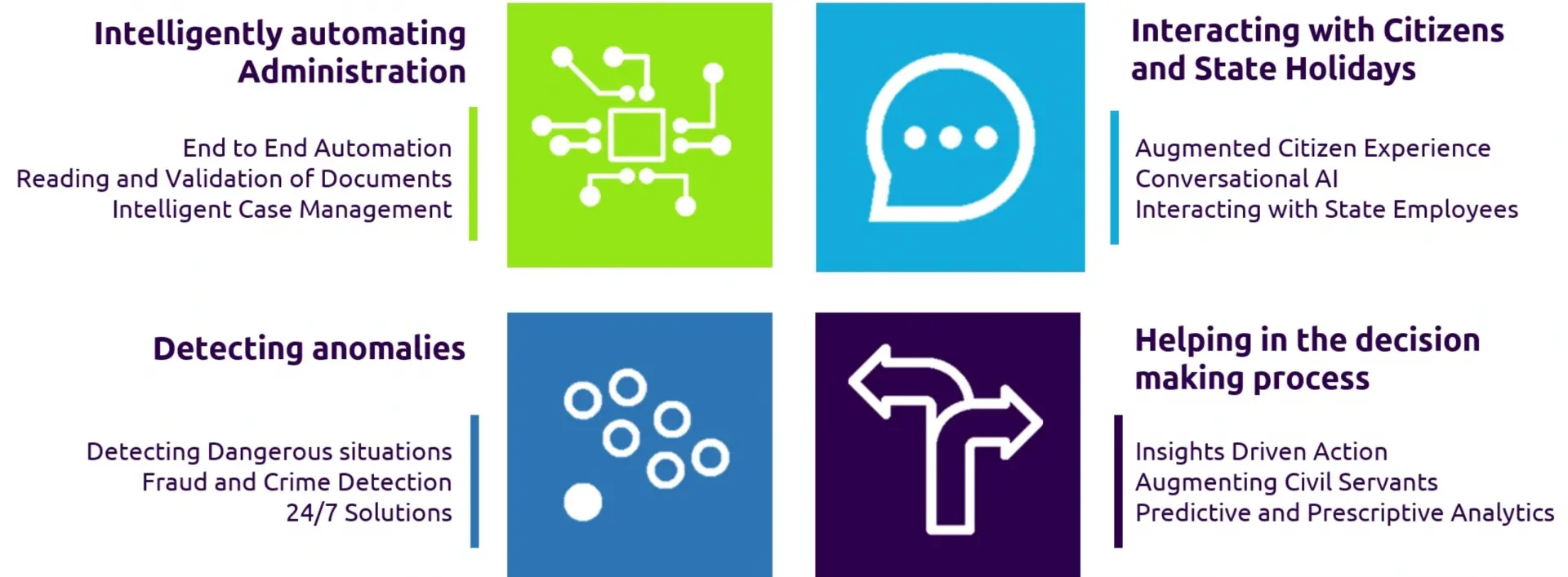
Source: Capgemini
The COVID-19 crisis has sped up the adoption of artificial intelligence in the sector.
Since the pandemic started, governments used artificial intelligence in the following aspects:
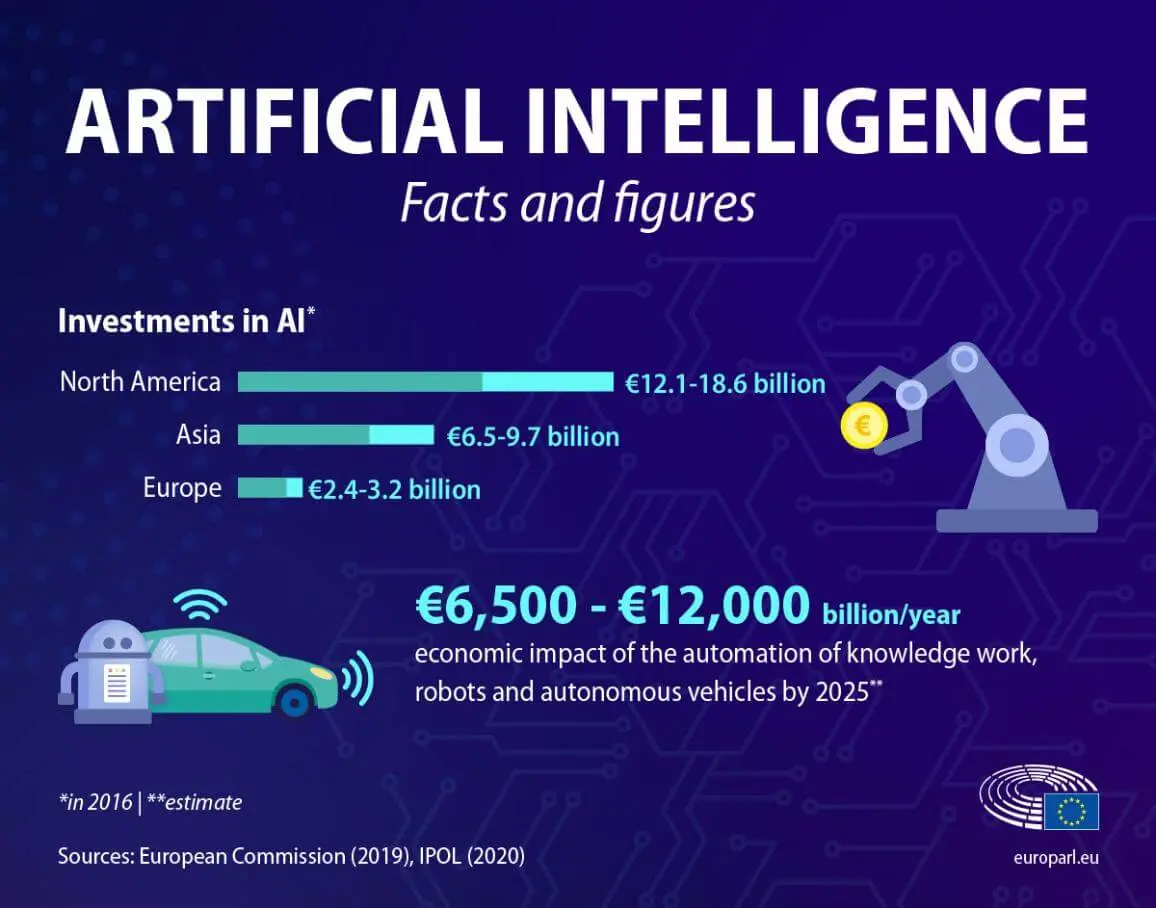
Sources: European Commission & IPOL
With the on-going pandemic, governments are rethinking and reconfiguring their business models to navigate the uncertainties of the post COVID-19 world, they have started realising the potential of artificial intelligence to increase resilience, spot growth opportunities and drive innovation.
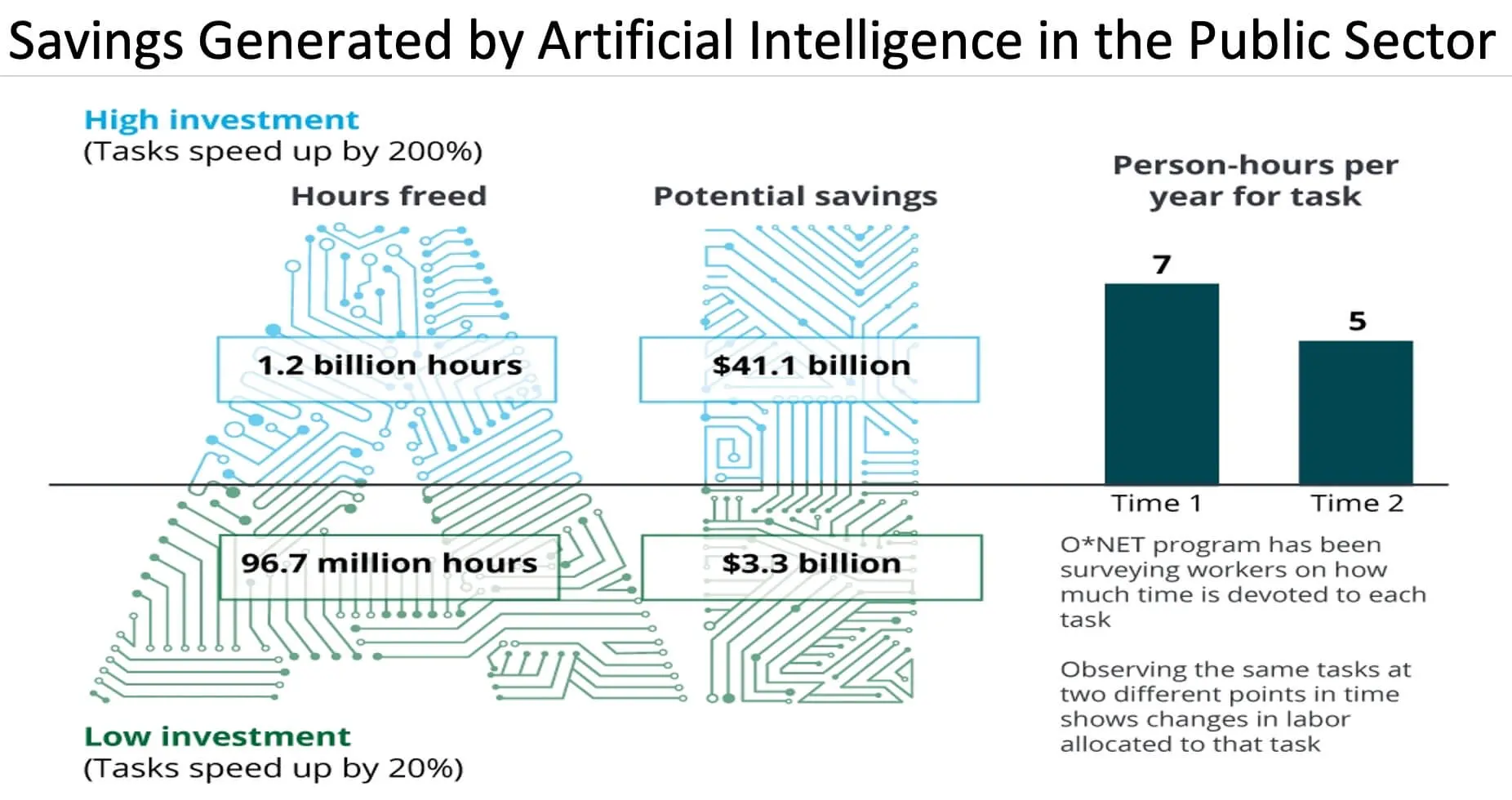
Source: Deloitte Analysis
To get the best out of AI, governments need to start viewing artificial intelligence as a necessity rather than a luxury by:
Taken together, these benefits would equip public sector organizations to move beyond process optimization to deliver world class services and tackle long-term global challenges.
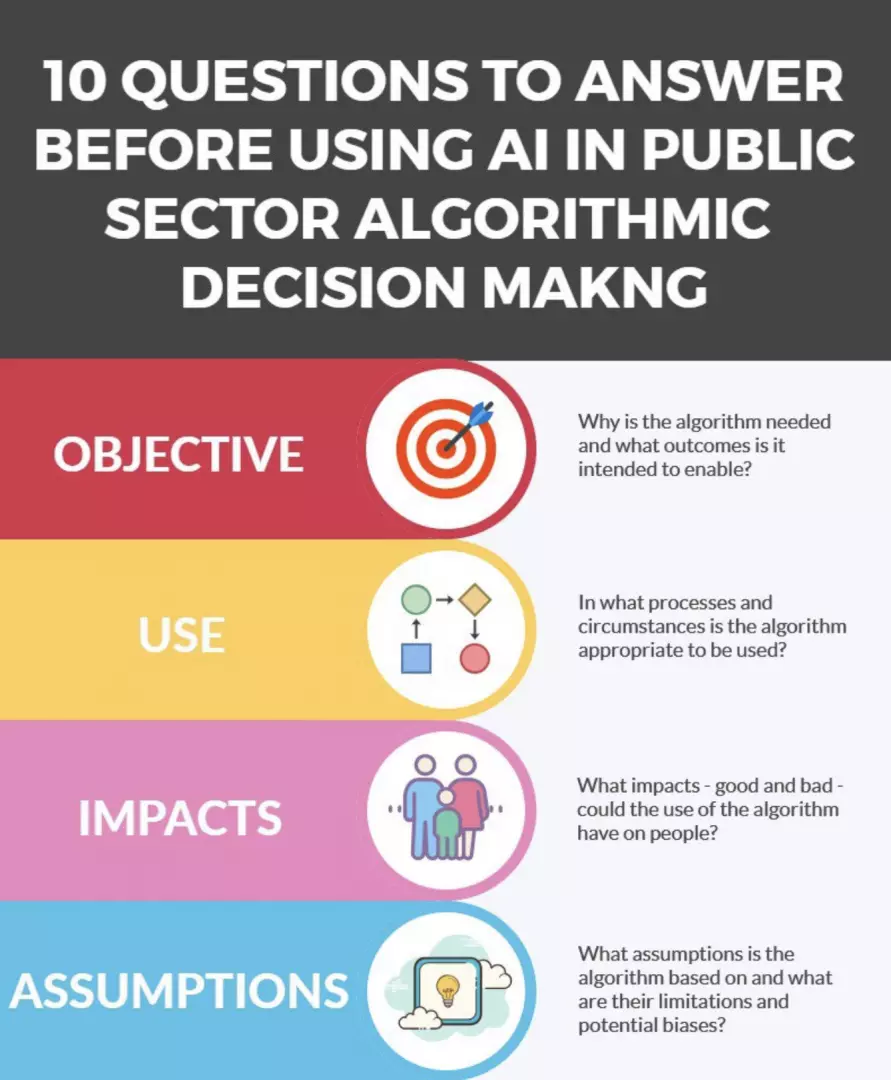
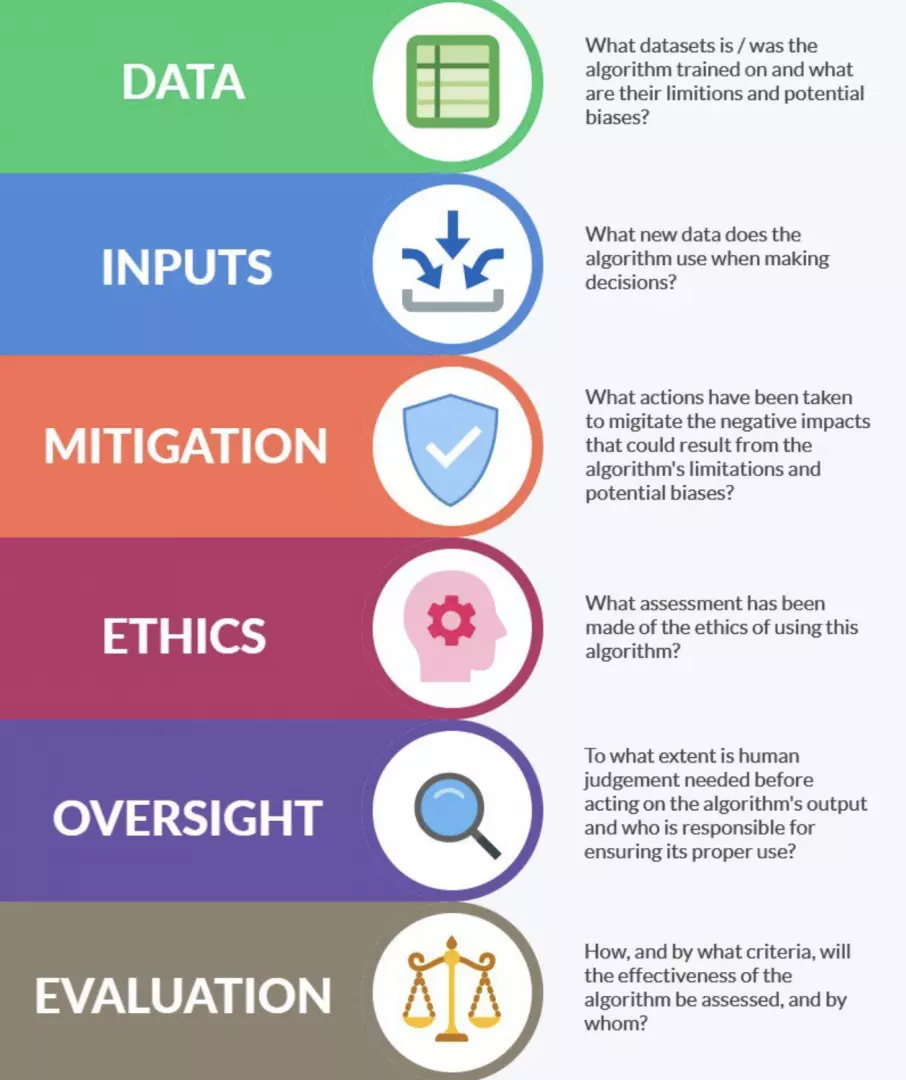
Source: Nesta
Governments face particular barriers to deploying AI on a bigger scale. Not surprisingly, the historically low levels of IT investment in the public sector have slowed the introduction of AI in the public sector.
The fundamental AI infrastructure hasn’t been upgraded yet in the public sector.
The lack of data scientists in the public sector is also another reason AI is spreading so slowly.
Government will need to be far more transparent than the private sector when it comes to adopting and using AI.
Artificial intelligence won't render humans obsolete. It will destroy some positions and create new jobs. While it’s true some roles may disappear as a result of artificial intelligence, other new roles to support its adoption will emerge such as machine trainers, conversational specialists and automation experts.
If governments do not get the balance right, real artificial intelligence will remain out of reach post pandemic. The good news is that citizens are already used to interacting with AI in the commercial space via bots and digital assistants, so it’s important that governments do not fall far behind.
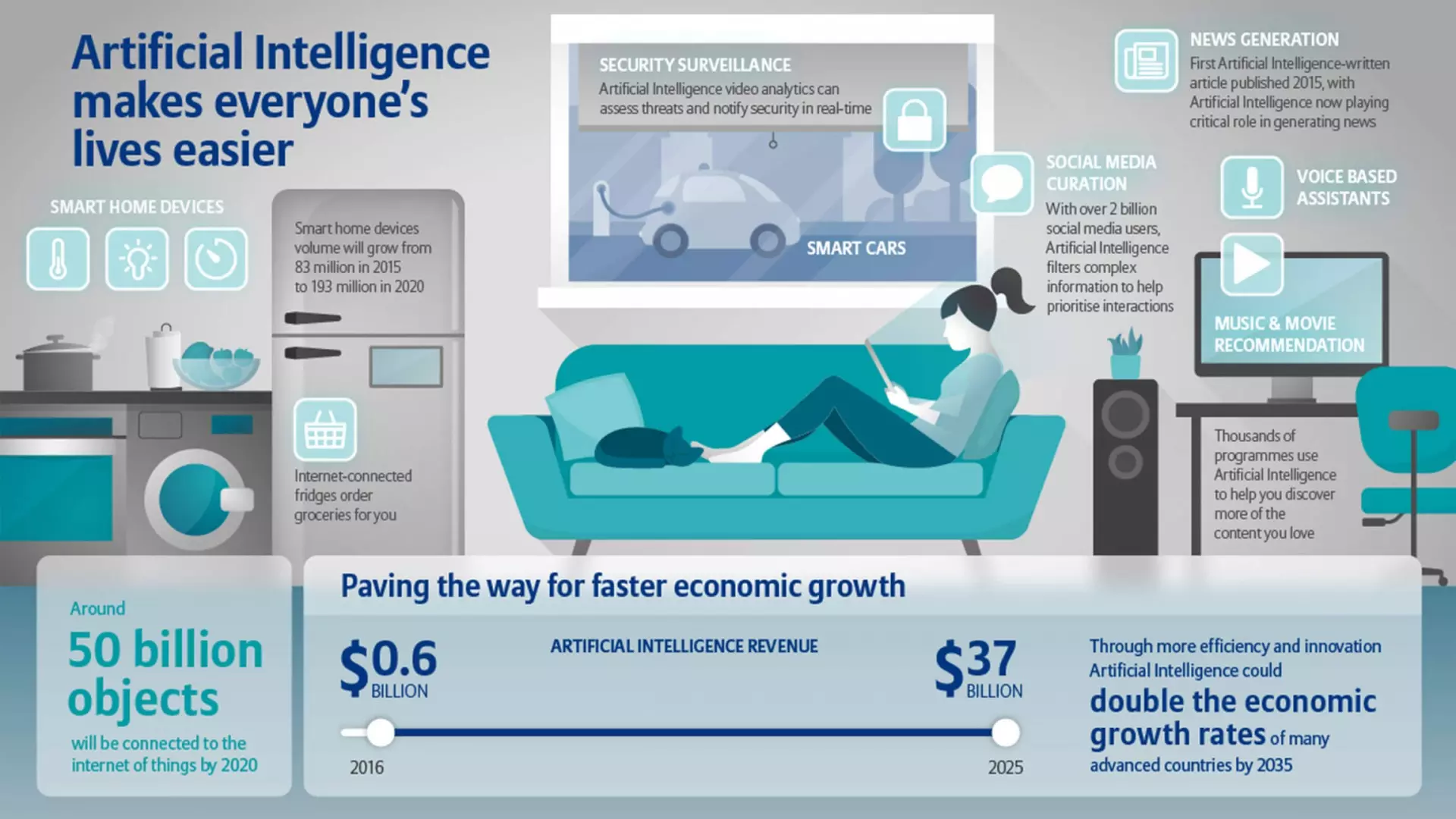
Source: Allianz Global Investors
Governments need to understand the value of the human factor in realizing the full potential of artificial intelligence.
A digital state will soon become a reality. Governments must make sure that their employees have the necessary skills and resources to thrive. Upskill citizens to get the most from digital public services and the wider global economy will prosper.
Leave your comments
Post comment as a guest